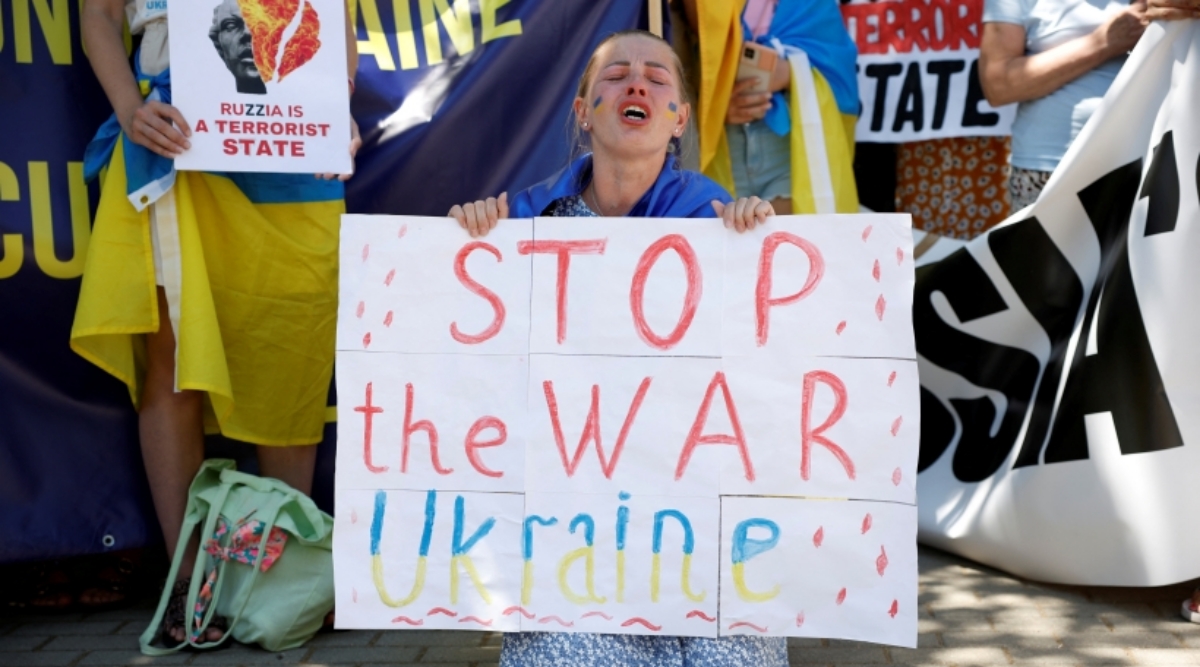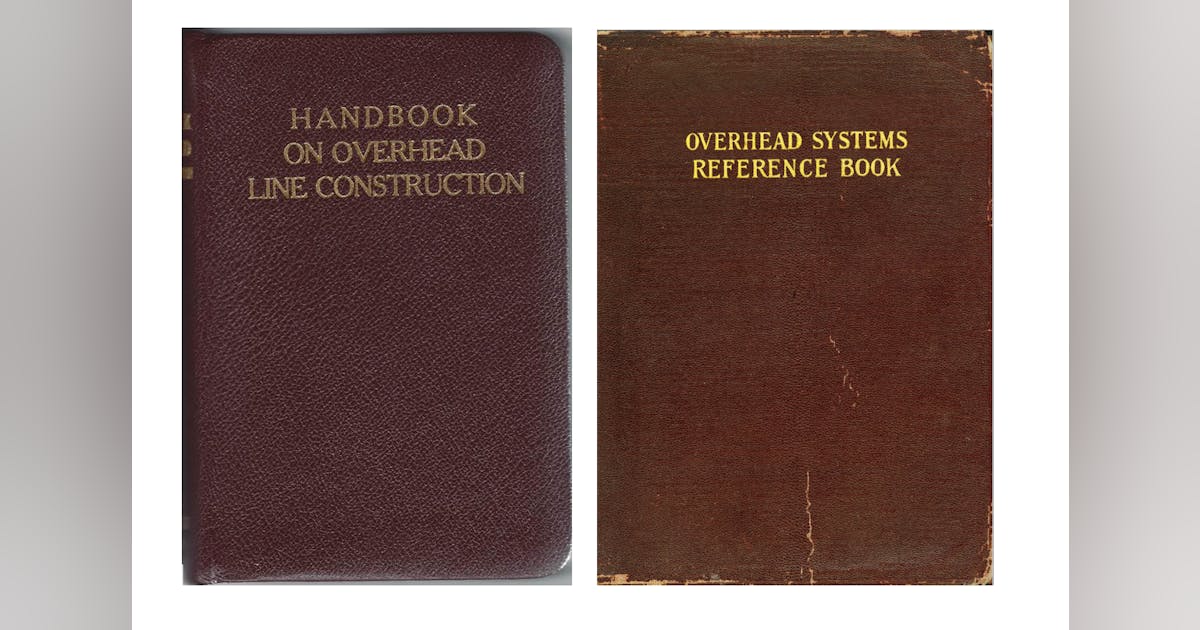Ukraine bans Russian music and books

In Ukraine, it is now illegal to play Russian music in public or to import a large number of books from Russia and Belarus. The new ban passed by Kyiv’s parliament covers “products of artists or authors who are or were citizens of the aggressor nation”. Artists who fit this bill are also banned from performing in Ukraine.
Ukrainian TV presenter and film producer Ihor Kondratyuk collected more than 25,000 signatures for a petition banning concerts by Russian artists in Ukraine even before the February 24 Russian invasion. For him, the new law seems like a logical next step to protect the country.
“It is as much a part of defending Ukraine as what our fighters are doing in the fight against the aggressor. Russian artists should not be welcome in Ukraine until relations with Russia are friendly again,” he told DW. The presenter adds that the Russian army has been using its artists as a sort of vanguard since 2014, when it annexed Crimea and launched its invasion in the Donbass region.
Kondratyuk says streaming platforms and YouTube are seeing increased interest in Ukrainian-language content. The authors of the new ban point to this growing popularity as one of their motivations for drafting the law, but are quick to add that exceptions are provided for in the legislation. They say, for example, that there are exemptions for Russian musicians who condemn Moscow’s aggression against Ukraine. Exempt artists are to be determined by Kyiv.
More books from Russia or Belarus
Another law was also passed. The Ukrainian parliament has determined that it is illegal to import and sell books from publishers in Russia or Belarus, as well as those from occupied regions of Ukraine.
The ban applies not only to works written in one of these places, but also applies to works by authors who are Russian citizens. Books published before the occupation are exempt from the ban.
However, Russian-language literature published in other countries can still be imported as long as it has been approved. According to the law, a new literary council of experts will first scan books for anti-Ukrainian propaganda.
Also, books by authors who hold or held Russian passports can no longer be printed in Ukraine. “That too is a natural reaction of society to war. Neither ‘good’ nor ‘bad’ Russians will have access to the Ukrainian book market,” says Oleksandr Krasovytsky, owner and director of Folio Publishers, which helped draft the law. The publication ban, however, will not apply to Russian-language books that are due to be published in Ukraine by January 1, 2023.
How will the ban be enforced?
This ban focuses, above all, on perpetrators with Russian passports, says Krasovytsky. The editor indicates that the Ukrainian expert council will examine each case individually. According to the law, the works of Alexander Pushkin or Leo Tolstoy, for example, can no longer be imported into Ukraine if they are printed in Russia; but if they are printed in other countries, they can.
This means things are going to get more complicated for some authors in the future – authors like Boris Akunin, who no longer lives in Russia but still has a Russian passport. His works can no longer be imported. But this rule applies only to his works printed in Russia; those printed elsewhere and judged by the board of experts to be free of anti-Ukrainian propaganda can still be imported.
There are also import exceptions for individuals. Those who carry less than 10 copies of a book not on the expert council’s list of banned books and who do not intend to sell them are free to bring them into the country.
Moscow’s reaction to the law was predictable – entrenching the Ukrainian language in daily life is a violation of the rights of Russian-speaking Ukrainians, according to the Kremlin.
More Russian classics in school curricula?
The next step could be to ban classic Russian literature from Ukrainian classrooms. A working group from the Ministry of Education has already advised removing some forty Russian or Soviet authors and poets – including Leo Tolstoy, Alexander Pushkin, Fiodor Dostoyevsky and Michail Bulgakov – from school curricula. The authorities have not yet issued a final decision on this matter.
Author Rostyslav Semkiv fully supports striking Russian literature from lesson plans. “At the moment, I really don’t see how we can excite students about the beauty of Russian poetry. Classrooms are full of children whose homes have been destroyed, who have been forced to flee, who have been shot or who have lost loved ones,” Semkiv told Ukrainian television. German literature only returned to Soviet classrooms in 1960, for example, 15 years after the victory over Nazism. Goethe’s “Faust” is the first to reappear.
Andriy Hirnyk, professor of psychology and pedagogy at Kyiv Mohyla National Academy, says Russian literature and culture had an outsized presence in Ukraine before the invasion. From now on, he says, greater importance will simply be given to English, German, French, Chinese and Ukrainian literature.






/cloudfront-us-east-1.images.arcpublishing.com/gray/LMS4GGRVH5AB5IAHCD22D6S3SA.jpg)